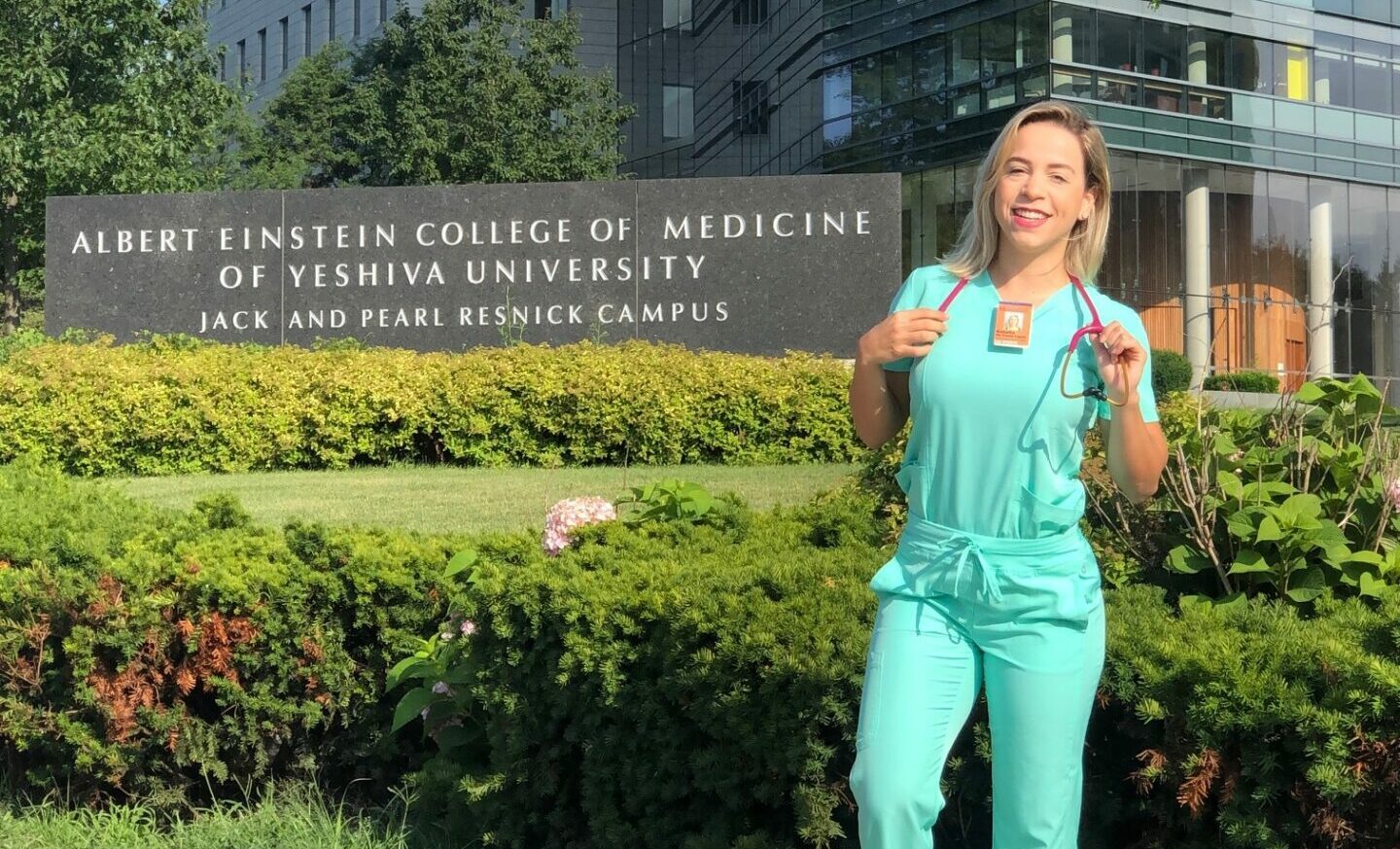Imagine being an IMG who is accepted into a U.S. medical residency program, completes their residency, gets their license, and is told they have to return to their home and practice there for two years before they can return to practice in the U.S. While this may sound frustrating and roundabout, it’s unfortunately the reality for many IMGs. With the exception of a select few accepted into the Conrad 30 Waiver Program.
The Conrad 30 Waiver Program allows J1 foreign medical graduates who’ve completed U.S. medical residency to skip the required two-year return to their home country should they apply and be accepted. This program does have limitations, though. Those accepted into the Conrad 30 Waiver Program must assume the role of healthcare professionals in an underserved area. It should be noted that states have the power to bend waiver application requirements and details regarding how or where those who receive the waiver practice.
Individuals looking to apply to the Conrad 30 Waiver Program must be proactive and submit their application the fall before they graduate. Applications are reviewed on a rolling basis. This means those who apply at the onset of the state-specific filling window have the best chance at grabbing one of the coveted waivers.
These waivers have been a hot topic lately and for good reason. They offer many benefits, and, through legislative action, there’s the potential for them to expand.
The waiver is alleviating physician shortages, sort of
The Conrad 30 Waiver Program helps to retain skilled physicians who could return to the U.S. However, it only does so on a very small scale. States can extend just 30 waivers a piece, meaning that each year only 1,500 waivers are given out. This is not nearly enough to counter the rising physician shortage or provide real aid should health scares, like COVID-19, arise. Physician shortages make it difficult for individuals in underserved areas to find consistent, quality, and preventative care at affordable prices.
For more information on physician shortages within the U.S., click here.
It’s making healthcare professionals more representative
Known as a melting pot, the U.S. has been and is continuing to become more diverse. Over the last forty years, Latino, Hispanic, and Asian American populations have continued to grow. Black populations have remained steady, and Caucasian populations have declined. Recent findings by the American Association of Medical Colleges suggests a misalignment between the makeup of the U.S. physician population and the country as a whole. The amount of Caucasian and Asian American practitioners far outweighs that of Latino, Hispanic, and Black practitioners.
Because patients often prefer to be (and get better care when) seen by physicians who share their race/ethnicity, it’s important that they have the opportunity to do so. To make this happen, hospital representation must become proportional to that of the overarching U.S. population. Introducing more FMGs into medical ecosystems creates a greater chance that minority patients feel comfortable communicating with a physician with whom they identify. This point of connection could hold the key to better case outcomes and increased patient satisfaction.
The Conrad 30 Waiver Program could extend into an Act
In June, four U.S. senators reintroduced the proposed Conrad State 30 and Physician Access Reauthorization Act. This bill is an extension of the Conrad 30 Waiver Program. It would allow an increase in the number of waivers offered and extend the waivers duration to six years. While the bill is being heavily sponsored, there is little hint as to if and when it will pass.






